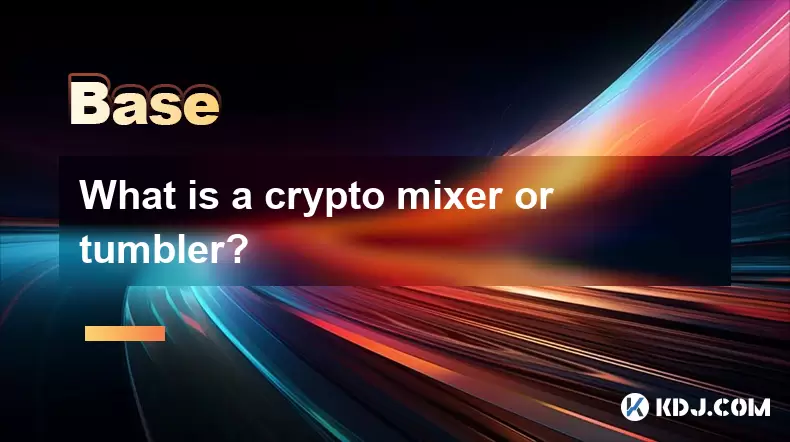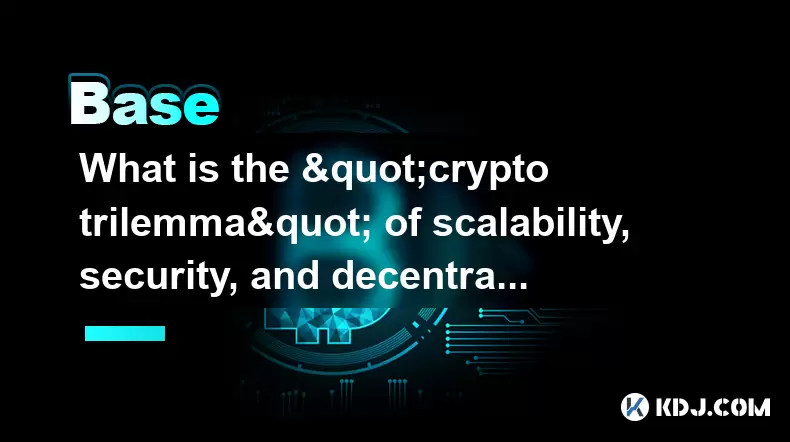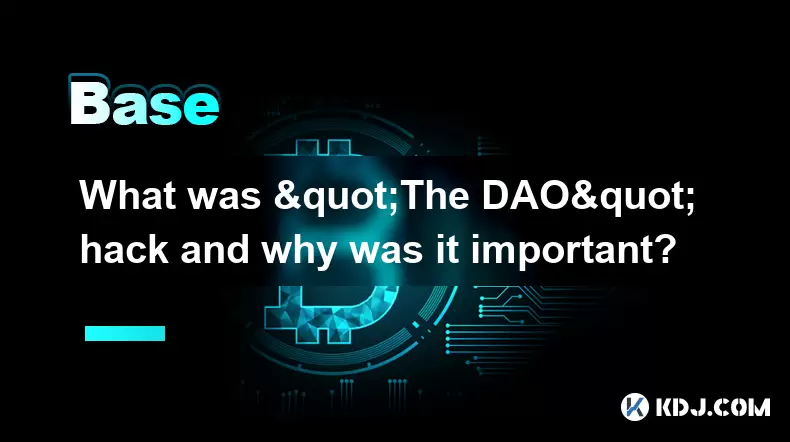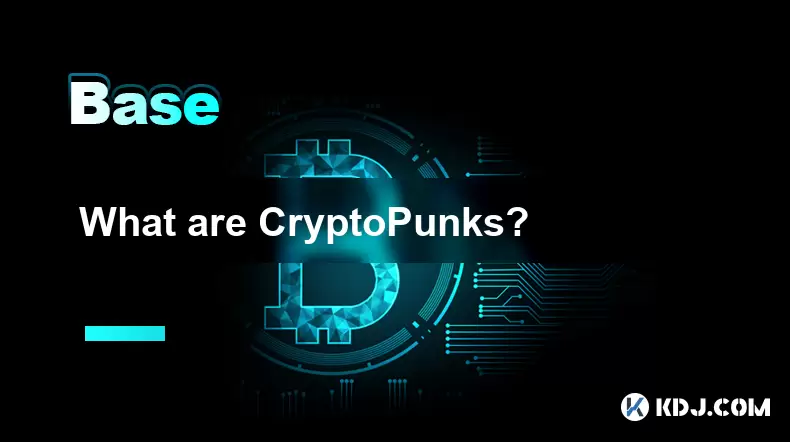-
 Bitcoin
Bitcoin $118000
0.81% -
 Ethereum
Ethereum $3579
2.21% -
 XRP
XRP $3.436
1.63% -
 Tether USDt
Tether USDt $1.000
-0.03% -
 BNB
BNB $734.9
1.87% -
 Solana
Solana $177.9
2.09% -
 USDC
USDC $0.9999
-0.01% -
 Dogecoin
Dogecoin $0.2422
5.82% -
 TRON
TRON $0.3205
-0.56% -
 Cardano
Cardano $0.8326
3.69% -
 Hyperliquid
Hyperliquid $44.98
3.47% -
 Stellar
Stellar $0.4642
1.89% -
 Sui
Sui $3.839
3.86% -
 Chainlink
Chainlink $18.47
6.00% -
 Hedera
Hedera $0.2693
3.71% -
 Avalanche
Avalanche $24.91
7.30% -
 Bitcoin Cash
Bitcoin Cash $517.3
1.93% -
 Shiba Inu
Shiba Inu $0.00001495
4.46% -
 Litecoin
Litecoin $112.5
11.69% -
 UNUS SED LEO
UNUS SED LEO $8.978
0.06% -
 Toncoin
Toncoin $3.222
1.84% -
 Polkadot
Polkadot $4.430
6.36% -
 Uniswap
Uniswap $10.13
1.08% -
 Monero
Monero $320.3
0.32% -
 Ethena USDe
Ethena USDe $1.001
-0.05% -
 Bitget Token
Bitget Token $4.894
2.32% -
 Pepe
Pepe $0.00001335
4.48% -
 Dai
Dai $0.9999
-0.01% -
 Aave
Aave $317.3
1.34% -
 Cronos
Cronos $0.1225
3.98%
What is a crypto mixer or tumbler?
A crypto mixer enhances privacy by blending users' coins, making transactions harder to trace on the blockchain.
Jul 09, 2025 at 07:21 pm

Understanding the Concept of a Crypto Mixer or Tumbler
A crypto mixer, also known as a tumbler, is a service designed to enhance the privacy and anonymity of cryptocurrency transactions. In the world of blockchain, every transaction is recorded on a public ledger, making it possible for anyone to trace the flow of funds. A crypto mixer disrupts this transparency by mixing different users' coins together, thereby obscuring the trail between the source and destination of funds.
These services operate under the principle that once coins are mixed, it becomes extremely difficult for external observers to determine which output corresponds to which input. This is especially important for individuals who wish to protect their financial privacy or avoid potential surveillance from third parties.
How a Crypto Mixer Works
The process of mixing involves several steps:
- Users send their cryptocurrency to the mixer’s address.
- The mixer pools these funds with those of other users.
- It then redistributes the coins back to the users via different addresses, often in varying amounts and at different times.
This redistribution makes it challenging to link the original sender to the final recipient. Some mixers use delayed withdrawals or randomized transaction sizes to further complicate tracking efforts. Advanced platforms may even implement CoinJoin-like mechanisms, where multiple transactions are combined into one, increasing anonymity.
Different Types of Mixers Available
There are two primary types of crypto mixers:
Centralized Mixers: These are operated by a single entity that controls the mixing process. While they are generally easier to use, they pose a risk because the operator has access to all the funds and potentially user data.
Decentralized Mixers: These rely on smart contracts or peer-to-peer protocols to facilitate mixing without a central authority. They offer better privacy but can be more complex to use.
Some popular examples include Wasabi Wallet and Samourai Wallet, which integrate mixing features directly into their software. Other standalone services like Helix and ChipMixer also provide similar functionalities.
Legal and Ethical Considerations
Using a crypto mixer is not inherently illegal, but its legality depends heavily on jurisdiction and intent. In some countries, mixing services have come under regulatory scrutiny due to their potential misuse for money laundering or obstructing investigations.
It's crucial to understand that while mixing can protect privacy, it can also raise red flags with exchanges and authorities. Many centralized exchanges now monitor for tumbled coins and may freeze accounts suspected of engaging in suspicious activities.
From an ethical standpoint, the debate centers around financial privacy rights versus anti-money laundering (AML) compliance. Advocates argue that everyone deserves privacy in their financial dealings, while critics worry about the misuse of such tools for illicit purposes.
Steps to Use a Crypto Mixer Safely
If you decide to use a mixer, follow these steps carefully to minimize risks:
Choose a Reputable Service: Research the mixer thoroughly. Look for reviews, community feedback, and whether it supports your specific cryptocurrency.
Use a New Wallet Address for Withdrawal: Always send the mixed coins to a new wallet address to prevent linking with previous transactions.
Avoid Sending All Funds at Once: Split your funds into smaller batches and withdraw them at different times to reduce traceability.
Clear Transaction History: Before using a mixer, ensure that the coins being sent do not originate from known malicious sources.
Use Tor or a VPN: To further protect your identity, route your connection through Tor or a virtual private network (VPN) when accessing the mixer.
Check for No Logs Policy: Confirm that the mixer does not store logs or personal information that could be used against you later.
Potential Risks Involved
While crypto mixers enhance privacy, they also come with several risks:
Loss of Funds: If the mixer is fraudulent or poorly managed, there is a risk of losing your cryptocurrency permanently.
Hacking Vulnerabilities: Centralized mixers can become targets for hackers, especially if they hold large volumes of funds.
Regulatory Action: Engaging in mixing activities might attract attention from law enforcement agencies, particularly if the mixer has been flagged.
Transaction Analysis Tools: Even after mixing, advanced analysis tools may still attempt to trace patterns and reconstruct transaction flows.
Users must weigh these risks against the benefits of increased anonymity before deciding to proceed.
Frequently Asked Questions
Q: Can I use a crypto mixer for any type of cryptocurrency?
A: Not all mixers support every cryptocurrency. Most specialize in Bitcoin, but others may support Ethereum, Monero, or Litecoin. Always verify compatibility before sending funds.
Q: Is it safe to reuse the same withdrawal address across multiple mixer sessions?
A: No, reusing the same address increases the chance of linking different transactions. Always generate a new receiving address for each mixing session.
Q: Do mixers charge fees for their services?
A: Yes, most mixers charge a fee, typically ranging from 1% to 5% of the amount being mixed. Some also apply a fixed fee per transaction.
Q: Are decentralized mixers safer than centralized ones?
A: Decentralized mixers eliminate the need to trust a central operator, reducing counterparty risk. However, they may require more technical knowledge and lack customer support compared to centralized alternatives.
Disclaimer:info@kdj.com
The information provided is not trading advice. kdj.com does not assume any responsibility for any investments made based on the information provided in this article. Cryptocurrencies are highly volatile and it is highly recommended that you invest with caution after thorough research!
If you believe that the content used on this website infringes your copyright, please contact us immediately (info@kdj.com) and we will delete it promptly.
- Tinubu, the North, and Appointments: Too Little, Too Late?
- 2025-07-20 03:20:15
- Stellar Blade Hacked: When Crypto Scams Target Your Favorite Games
- 2025-07-20 03:50:12
- MoonBull, Doginme, and Meme Coins: What's the Buzz in 2025?
- 2025-07-20 03:50:12
- Dogecoin's Wild Ride: Price Forecast & the Utility Sector Buzz
- 2025-07-20 03:55:12
- Tinubu's Appointments: A Northern Perspective
- 2025-07-20 03:55:12
- Tinubu's Northern Appointments: A Cynical Ploy or Genuine Inclusion?
- 2025-07-20 04:00:12
Related knowledge

What is the Inter-Blockchain Communication Protocol (IBC)?
Jul 19,2025 at 10:43am
Understanding the Inter-Blockchain Communication Protocol (IBC)The Inter-Blockchain Communication Protocol (IBC) is a cross-chain communication protoc...

How does sharding improve scalability?
Jul 20,2025 at 01:21am
Understanding Sharding in BlockchainSharding is a database partitioning technique that is increasingly being adopted in blockchain technology to enhan...

What is the "crypto trilemma" of scalability, security, and decentralization?
Jul 19,2025 at 06:28pm
Understanding the Concept of the Crypto TrilemmaThe crypto trilemma refers to the challenge of simultaneously achieving scalability, security, and dec...

What was "The DAO" hack and why was it important?
Jul 19,2025 at 09:08pm
Background of 'The DAO''The DAO' (Decentralized Autonomous Organization) was a venture capital fund built on the Ethereum blockchain, launched in Apri...

What to look for in a crypto project's whitepaper?
Jul 19,2025 at 01:42pm
Understanding the Purpose of a WhitepaperA whitepaper is a foundational document for any cryptocurrency project, often serving as the first point of c...

What are CryptoPunks?
Jul 19,2025 at 08:28am
Understanding the Basics of Bitcoin MiningBitcoin mining is the process through which new Bitcoin is introduced into circulation and transactions are ...

What is the Inter-Blockchain Communication Protocol (IBC)?
Jul 19,2025 at 10:43am
Understanding the Inter-Blockchain Communication Protocol (IBC)The Inter-Blockchain Communication Protocol (IBC) is a cross-chain communication protoc...

How does sharding improve scalability?
Jul 20,2025 at 01:21am
Understanding Sharding in BlockchainSharding is a database partitioning technique that is increasingly being adopted in blockchain technology to enhan...

What is the "crypto trilemma" of scalability, security, and decentralization?
Jul 19,2025 at 06:28pm
Understanding the Concept of the Crypto TrilemmaThe crypto trilemma refers to the challenge of simultaneously achieving scalability, security, and dec...

What was "The DAO" hack and why was it important?
Jul 19,2025 at 09:08pm
Background of 'The DAO''The DAO' (Decentralized Autonomous Organization) was a venture capital fund built on the Ethereum blockchain, launched in Apri...

What to look for in a crypto project's whitepaper?
Jul 19,2025 at 01:42pm
Understanding the Purpose of a WhitepaperA whitepaper is a foundational document for any cryptocurrency project, often serving as the first point of c...

What are CryptoPunks?
Jul 19,2025 at 08:28am
Understanding the Basics of Bitcoin MiningBitcoin mining is the process through which new Bitcoin is introduced into circulation and transactions are ...
See all articles

























































































